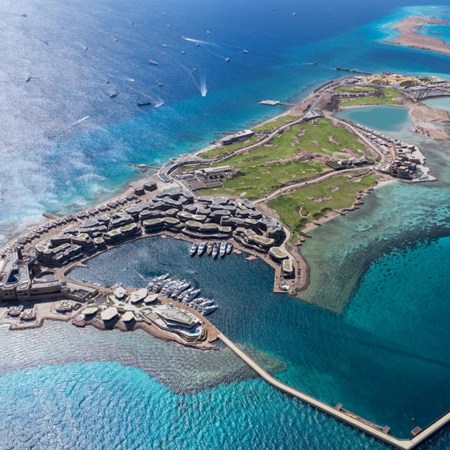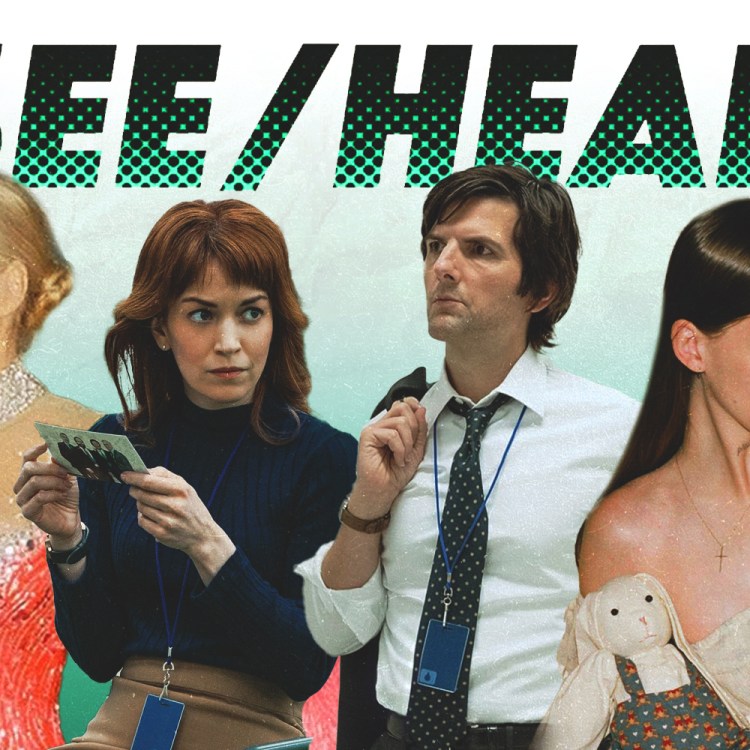Excuse us if you’ve already heard this vision of the future before, but seasteading is making a comeback.
Think of it as a fancy Waterworld: a floating society, adrift on the oceans, as imagined by Silicon Valley’s richest, most anarchist/liberatarian billionaires. It’s rightly described by New Republic as born of “anti-democratic impulses.”
As portrayed in the new book by Joe Quirk with Patri Friedman (remember that latter surname), seasteading — or establishing communities on the open water, whether in rejiggered cruise ships or Buckminster Fuller-type abodes of the future — offers a utopian vision, an effort to “feed the hungry, enrich the poor, cure the sick, restore the environment, power civilization sustainably, and live in peace.” Friedman is the grandson of Milton Friedman, the Nobel-winning economist and free-market proponent: “a prime force in the movement of nations toward less government and greater reliance on individual responsibility.” Seasteading sums up those last two qualities rather neatly.
Exciting, sure. But are people really better off without the protections of established goverments? Seasteading’s backers think … maybe yes. As the New Republic describes it, the movement is driven by the “Silicon Valley ethos, one that values innovation, novelty, efficiency, and independence over the protections traditionally provided by governments and employers.” You might find that exciting. You might also find that terrifying. (Waterworld didn’t work out for everybody so well in the end.)
It’s the ultimate disruption. And disruption is great … if you own part of Uber. If you drive for Uber, disruption is hugely more complicated. Like so many other Silicon Valley projects, seasteading represents the ultimate unicorn: your own society. Someone’s gonna be swabbing the decks, though. And it’s not going to be the billionaire — so you better hope that whatever new society he just set up offers vacation days and retirement.
This article was featured in the InsideHook newsletter. Sign up now.























